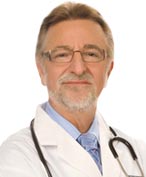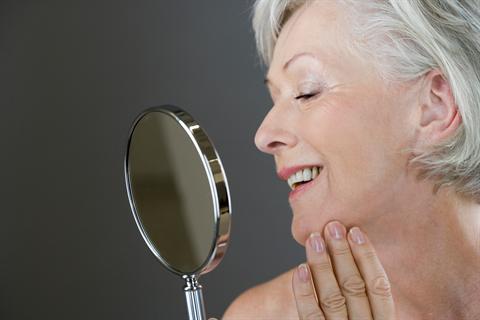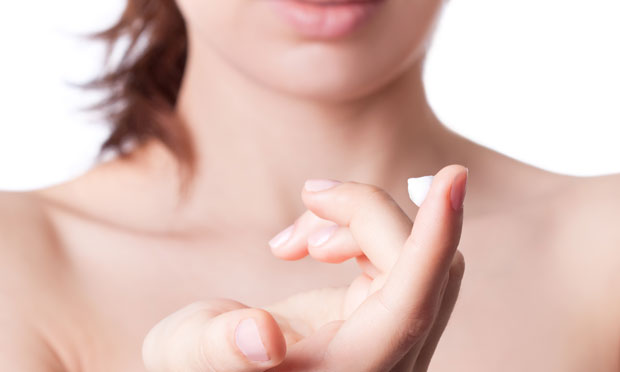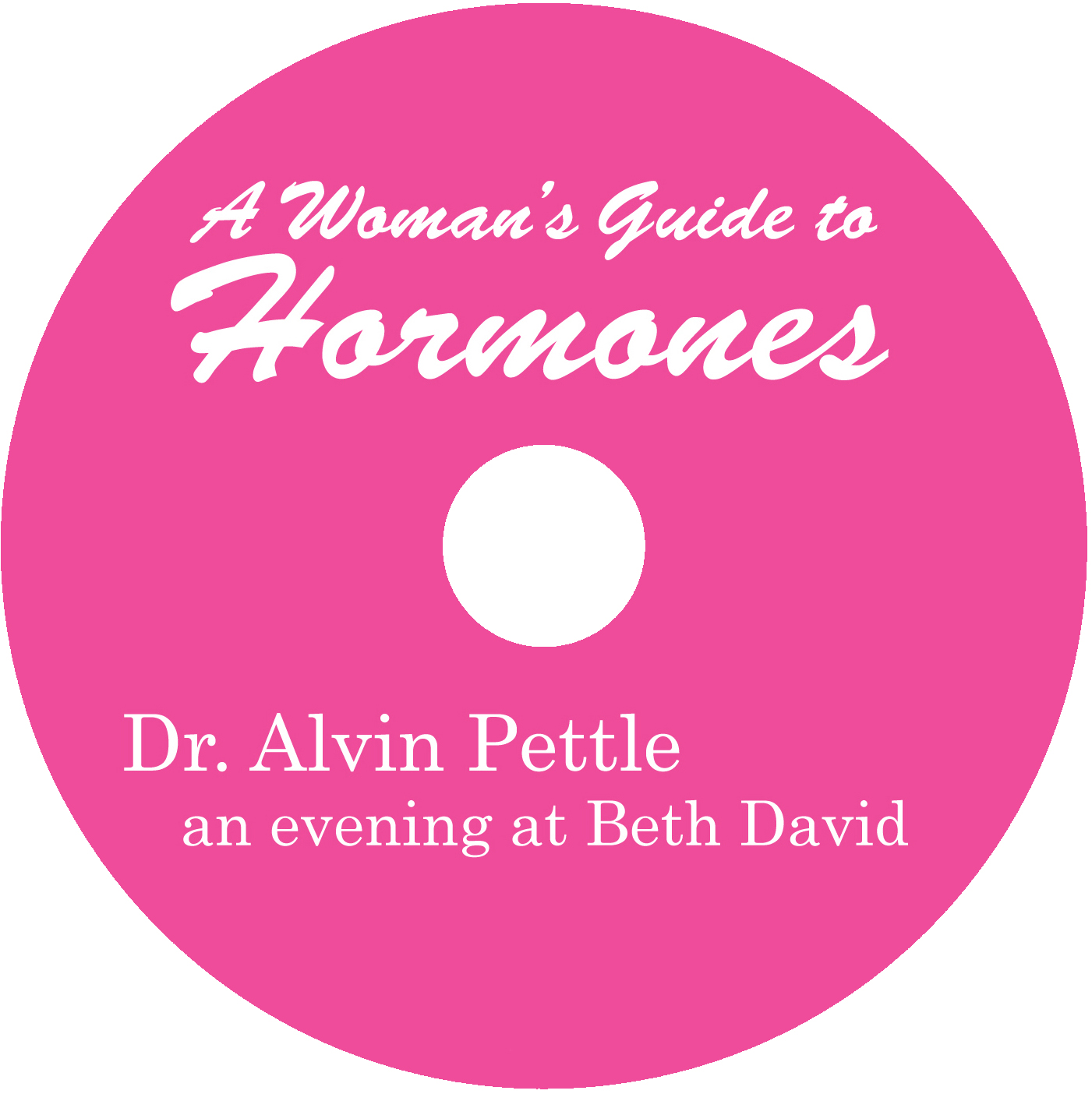Bioidentical Hormones by Dr. Alvin Pettle

What are bioidentical hormones and where do they come from?
Bioidentical hormones are made from botanical plants such as soy and yams. The human body cannot convert soy or yams directly into natural hormones, so the natural plants must be pharmaceutically processed to produce natural bioidentical progesterone and bioidentical Bi-Est and Tri-Est, the estrogens, in a transdermal cream or oral supplement.
These final products, when either rubbed on the skin or swallowed by the patient, are identified by the human body as being biologically identical to the natural hormones of their body. In other words, from a chemical standpoint, the body responds to the hormones as if it were the naturally produced identical biological structure of the hormones of the body, rather than a foreign substance being introduced occurs with synthetic hormones.
I’ve read that hormone replacement therapy mimics the body’s natural hormones but doesn’t really replace them like bioidentical hormones do? Can you explain this?
Hormone replacement therapy classically has been with the use of synthetic hormones, and when used, these synthetic hormones flood the receptor sites not only of the hormone receptor sites they are intended to attach to and alter, but also the receptor sites of many other steroid hormones which should not be effected.
As is often the case in nature, more is not always better and in fact, as in this case, when these other receptor sites are over-flooded, it has been found that they often shut down their function and are no longer able to act in the required manner for the normally healthy functions required elsewhere by the body, thus causing the unwanted and sometimes seriously risky chemical alterations that lead to unwanted symptoms and sometimes pathology.
How can bioidentical hormones help fight the symptoms of aging?

In our clinic, we do carefully monitor most hormone levels with blood tests, although they are not as reliable as saliva tests. Unfortunately, saliva tests are not at this time covered by OHIP. It is the free hormone level that is inside the body which is measured by the more accurate and useful saliva test rather than the bound hormone level measured by blood tests. Test results from blood can change considerably from hour to hour, whereas saliva test results are more consistently stable over time, and therefore more reliable indicators. We do use blood tests to measure free testosterone levels, for which they are quite accurate. We also record symptoms reported by patients as complementary indicators to assess the status of each patient.
Are using bioidentical hormones safe even if I have a family history of cancer?
If a patient has had a positive estrogen receptor cancer in the past, I recommend not prescribing either estrone or estradiol forms of estrogen. I never give the estrone form of estrogen to my patients, even if they have never had breast cancer, since estrone is the most cancer permissive, and therefore highest risk, of the forms of estrogens.
Estriol vaginal cream, however, is not contra-indicated for patients with a history of breast cancer. In fact, there have been studies to show that estriol is a protective form of estrogen. It has been found to act against the stronger forms of estrogen, those that occur naturally from the patient’s own body and also the even more toxic xeno-estrogens which originate in increasing intensity in our modern environment. Estriol significantly decreases and sometimes eliminates the often reported troublesome symptom of painful sexual intercourse for patients.
I prefer to prescribe a weak estrogen such as estriol to reach estrogen receptor sites in a patient, as it will then block the absorption of the strong xeno-estrogens, thereby protecting the patient from any future reoccurrence of breast cancer. There was a study published by Dr. Lemon in the 1970s that showed that estriol had the capacity to shrink secondary cancers in patients even through they were not able to be treated successfully in any other way by typical allopathic methods, and who were at that time considered to be terminal.
In my opinion, progesterone can be used for patients with a previous history of breast cancer, as the late Dr. John Lee reported from his research and experience with patients. In 1995, Dr. Chang did a brilliant study to show that progesterone cream placed onto the breast decreased mitotic activity in the breast below the level of someone who used a placebo cream. Progesterone used alone has been found protective against breast cancer. In contrast, any form of estrogen cream used on the breast directly increases metabolism and the mitotic activity of the cells two hundred fold.
Breast cancer can also have positive receptor cells for progesterone, although the relevance of this is more controversial. Some doctors such as Dr. John Lee, believe that positive progesterone receptors may actually be the body’s mechanism to help protect itself from the estrogen breast-causing scavengers.
If, however, a patient does have positive progesterone receptors, I will then only prescribe progesterone after thorough discussion and counseling, and only if the patient fully understands the implications and possible risks but still chooses to proceed with natural progesterone treatment based on the probability of its positive benefits.
Have there been any medical studies done on the safety and efficacy of bioidentical hormones?
There are literally hundreds of reputable published studies over a period of many decades confirming the safety of using bioidentical hormones I have produced an instructive CD with a more extensive discussion of the subject of the scientific basis of bioidentical hormones. In the process of researching material for the CD, I reviewed more than 50 of the leading studies on the values and experience of using bioidentical hormones. As well as Dr. Chang’s study discussed earlier, the PEPI trial showed that the natural form of progesterone was far superior in results to synthetic progestin. The double comparison Oregon Study demonstrated the results on hysterectomized monkeys who were given synthetic hormones versus natural hormones in two separate trial groups. Only those given natural hormones were protected against cardiovascular events such as vasospasms and heart attacks.
Will bioidentical hormones help with hot flashes, sleepless nights and memory problems?

Some time ago, I would have prescribed oral estrogen in the bioidentical form, but I now believe it is preferable to advise transdermal estrogen. If a patient swallows estrogen, the estrogen must be synthesized by the liver as a first pass and that can have adverse consequences such as increased coagulation of the blood and increased blood pressure and adverse changes in the CRP reading. Oral estrogen also reduces efficiency of the thyroid as it produces an increased level of thyroid bonding globulin which in turn often results in patients having subclinical hypothryoid and resulting weight gains and retention.
Bioidentical hormones especially help insomnia. The progesterone transdermal cream used in the evening has a mild sedative effect, but the oral form of progesterone passes through the liver and has an even greater degree of sedation. Oral progesterone is therefore used specifically as a treatment for insomnia and is prescribed to be used at night before sleep for this reason. Natural transdermal progesterone, absorbed through the skin only, can be used both morning and evening without any prohibitive sedative effects.
We have found that patients report improved memory with the use of bioidentical hormones as lubrication of brain synapses seems to allow quicker cognition, alleviating this common symptom of hormone balance occurring with menopause and simple aging.
I’ve read that if I get my hormones back in balance, I will continue to menstruate. Is this true?
Used in high doses, as in the case of Suzanne Sommers, therapy using higher doses of oral estrogen can result in a menstruation when the patient takes a few days break from the medication at monthly intervals. Continuing monthly menstruations is considered by some to be a youth-sustaining cycle for the female body. However, I do not believe that recurring menstruation is either desirable or necessary for adequate overall protection in bioidentical hormone therapy. I specifically do not use high levels of oral estrogen. I believe that estrogen should be prescribed only transdermally, in lower doses. With these lower doses of transdermal estrogen, even a break of a week each month will not create menstruation in patients. Most report they find it desirable to preclude menstruation while at the same time gaining all the positive effects of natural hormone treatment at lower less drastic levels.
I understand that hormonal fluctuations can occur throughout the month, depending on my lifestyle and the amount of stress that I am under. I’ve heard about tracking hormone levels and coming up with a program that is individual to suit my specific needs. Can you comment on this?

Some patients do not find it desirable to take a full week break from the transdermal cream since their flushing symptoms in particular return on day 4 or day 5. In these cases, I encourage the patient to take 5 days as a break rather than a full week, and depending on their own unique response to cessation of the hormones, sometimes even a shorter period.
There is always a short lag period of several days once the patient restarts the transdermal bioidentical cream use before the bioidentical hormones fully rebalances the body again. For some patients, the break time needs to be shortened to preclude adverse symptoms, particularly flushing.
In most cases, on day 7 a patient in her natural cycle would begin an estrogen increase. If monitored along the cycle, the estrogen levels would show they continue a gradual increase towards mid-cycle, and so a slightly increased amount of the cream could be used at the peak of the mid-cycle to balance out and normalize the cycle.
On or approximately day 14, ovulation occurs in the normal reproductive cycle, and at this point progesterone is added by the body to the estrogen levels. Naturally occurring levels of progesterone elevate from day 14, peaking at day 20 and then decreasing by day 25 before preparing the body for a break at approximately day 28.
By adjusting quantity and dosage of the transdermal cream, a patient can adjust her own cycle to optimally and smoothly follow the normal ebb and flow pattern, precluding any negative symptoms. It has been my experience, however, that for the few patients who have requested this exact bioidentical mimicking of their natural hormone cycle that a program of this kind is very complicated and therefore very expensive to establish.
In my opinion, it is not necessary to be this particularly precise to a woman’s own usual cycle in order to have healthy bioidentical hormone replacement. For this reason, in discussion with each patient, we establish a program most appropriate and practical for each individual and adjust it, as required, to their ongoing individual results and requirements.
I worry about getting the exact dosage that I need through bioidentical hormone creams. Is it not possible to get the hormones that I need in a capsule?
In my opinion, the use of oral capsules creates possible problems, in that in order for the body to receive and use the hormones by this method, they must first pass through and be metabolized by the liver. In my opinion, it is not desirable for estrogen to pass through the liver because of the side effects discussed in the previous answer, specifically lowering the thyroid levels.
Additionally, intake of oral estrogen lowers sex drive or libido because oral intake increases production of a sex-binding globulin which attaches to free testosterone hormones. Blocking the free testosterone in turn lowers sex drive. The oral path of taking even bioidentical hormones can therefore result in not only a subclinical hypothyroid function, with attendant fatigue and weight management problems, but also a reduced, even eliminated, libido.
It is therefore my opinion that the bioidentical hormones should be prescribed transdermally. Even if you choose an allopathic or typical type of hormone replacement, the patient should always consider using the transdermal route through the skin, rather then the oral route through the liver because of the negative side effects. Using natural progesterone treatment only in the evenings, as I would prescribe it, means the patient’s body does not have as high levels of progesterone during the day as they would if taken orally.
However, especially in some patients with insomnia, oral capsule intake of progesterone in the evenings only does help considerably alleviate this symptom, and can be prescribed in quite accurate required dosage via oral capsules. Transdermal cream use can also be very accurate in dosage delivery, especially if dispensed via syringes marked off with dosage lines, as the cream is already blended by a compounding pharmacy and prepared to be delivered via the syringe in equal balanced dosages. If there are any questions regarding preparation or compounding of the transdermal cream, please contact York Downs Pharmacy at (416) 633-2244 (Toronto) www.yorkdownsrx.com.
My doctor knows nothing about these natural hormones. Where can I get help?

Other books that I would suggest are those of the late Dr. John Lee, What Your Doctor Might Not Tell You About Menopause and What Your Doctor Might Not Tell You About Perimenopause. Dr. Lee’s excellent book, What Your Doctor May Not Tell You About Breast Cancer, has considerable pertinent information regarding the use of progesterone in bioidentical hormone therapy.
The other book which I would suggest is The Hormone of Desire by Dr. Susan Reiko, a psychiatrist who writes about the extremely important role of natural testosterone in the replacement of hormone therapy.
SUMMARY:
In summary, natural bioidentical hormone therapy is the present and growing future of hormone replacement therapy. Patients nor doctors do not have to wait 50 years for medicine to change and catch up. Physicians throughout the world are now beginning to realize that you cannot fool mother nature, and if you try to do so, there are frequently negative consequences. Use of synthetic hormones has now been shown by many studies and by much experience to have adverse side effects, leading to dangerous complications such as breast cancer, heart stress and other clinical problems.
The Women’s Health Study of 2002 has shown that use of synthetic hormones is not the healthy way to replace women’s hormones. Human female bodies do need natural bioidentical hormones, which can be used for optimal health. The lock and key effect of natural treatment works perfectly with the body and within a 12 hour period, 50% of the hormone has been dissipated naturally by the body.
Natural bioidentical hormone treatment therefore appears to me to be the desirable future of hormone replacement therapy. Patients who wish to obtain further information will find further useful information at my website, www.drpettle.com or read one or more of these recommended books.
More and more physicians are now beginning to research, assimilate and practice natural bioidentical hormone therapy. I believe that within the next 25 years this will be the ideal medical standard for hormone replacement therapy and will be taught to new doctors in our medical schools. Current graduates of medical schools are not being given the current information and updates on this emerging hormone replacement therapy alternative to synthetic treatment. Some doctors are still confusing natural progesterone with synthetic progestin.
If your hormone replacement therapy doesn’t feel right to your body, it probably isn’t right for you.
Sincerely,
Dr. Alvin Pettle (FRCS) (C)
http://www.drpettle.com
Voice (416) 633-4101
FAX (416) 633-9254
Dr. Pettle’s Office
3910 Bathurst Street -Suite #207,
Toronto, Ontariov -M3H-5Z3
No comments yet.